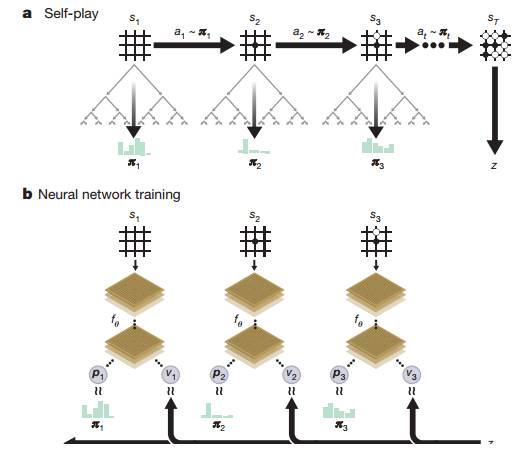ALphaGo evolved again, the birth of a new generation of AlphaGo Zero
According to recent reports from international media, the DeepMind team in the UK has made a significant breakthrough in artificial intelligence research. They have introduced a new generation of Go AI called AlphaGo Zero. This advanced system utilizes reinforcement learning technology, which allows it to vastly improve its gameplay and easily outperform previous versions of AlphaGo, including the one that defeated world champion Ke Jie and Li Shishi.
After its historic victory over Ke Jie, AlphaGo was considered to be at an almost unbeatable level in the game of Go. It had reached a point where no human could match its skill. However, this doesn’t mean that AlphaGo had reached the ultimate peak in Go knowledge. To truly push the boundaries, it needed to go beyond human expertise and learn from itself.
Traditionally, AlphaGo relied on data from human players—both amateurs and professionals—to train its algorithms. While this approach helped it understand human strategies, it also came with limitations. Human data is costly to obtain, and mistakes can introduce noise that might weaken the AI’s performance. Therefore, AlphaGo Zero takes a different approach by using self-play and reinforcement learning, without any reliance on human input or supervision.
So what exactly is reinforcement learning? In simple terms, it's a method where AI learns by trial and error, aiming to maximize rewards. For AlphaGo Zero, this process involves two key components: the Monte Carlo Tree Search (MCTS) algorithm and a neural network. The neural network evaluates the current board state and suggests potential moves, while MCTS simulates future game scenarios to determine the best path forward. The more aligned the neural network’s predictions are with the MCTS results, the higher the probability of winning. Through continuous iterations, AlphaGo Zero refines its neural network to make better decisions and reduce prediction errors.

Image credit: Nature
Initially, AlphaGo Zero didn't understand Go at all—it just made random moves. But after playing millions of games against itself, it gradually transformed from a novice into a master. Within just a few weeks, it surpassed centuries of human Go knowledge, discovering entirely new strategies and patterns that were previously unknown to humans.
According to the DeepMind team, AlphaGo Zero’s success shows that AI can achieve remarkable progress without relying on human data. This opens up exciting possibilities for real-world applications, such as solving complex problems in biology, chemistry, and materials science. By applying similar techniques, AI could help researchers tackle challenges like protein folding or the development of new materials, ultimately enhancing human understanding and improving quality of life.
Organic Light Emitting Display
Oled Display Module,Segment Led Display Module,Bendable Oled Flexible Displays,Tow-Color Oled Display Modules,OLED
ESEN HK LIMITED , https://www.esenlcd.com
